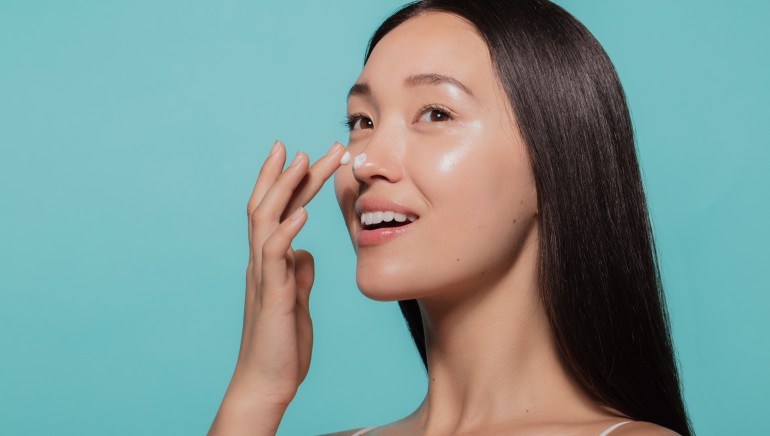[ad_1]
You might imagine that thicker, stronger skin leads to fewer skin folds and wrinkles. What’s more, the extra hydration provided by sebum acts like a moisturizer to reduce the appearance of fine lines.
If you are part of the oily skin crowd, you must have heard of many myths. People with oily skin are always told to wash their face more, use harsh cleansers and not use moisturizers. You have also heard that if your skin is oily, it will fade slowly. Must be age. But is it true? Let’s dig deeper and understand.
Does oily skin really age well?
Having oily skin doesn’t mean your skin will age better than other skin types. Actually, the answer to this question is a bit complicated. The first thing to understand is that oily skin has a high concentration of sebum-producing glands. A concentration of these glands forms the thick dermis, which is the middle layer of the body’s skin. It supports the outer layer of the skin.

You might imagine that thicker, stronger skin leads to fewer skin folds and wrinkles. What’s more, the extra hydration provided by sebum acts like a moisturizer to reduce the appearance of fine lines.
Experts are also supporting
Elaborating on this, dermatologist Kalpana Soulanki of Clinique Dermatech says that sebum is a natural moisturizer that slows down aging of oily skin. It protects the skin and helps wounds heal better and faster. This becomes more useful as we age as our skin loses its ability to retain moisture.
If your skin is oily, the fatty acids in sebum are more active. It provides protective effects against harmful sun rays. Although people with oily skin may experience less fine lines, they may still develop deep wrinkles in certain areas, such as between the eyebrows.
Also read

There are other factors that affect skin aging.
Many factors affect skin aging, including metabolism, genetics, stress, diet, exercise and pollution. Having oily skin at baseline doesn’t mean you’re immune to aging. How you treat your body and your skin has a huge impact on the future of your skin.
Genetics play a big role in how our skin changes as we age. It’s important to remember that skin care habits can also contribute. These include always using SPF, maintaining a healthy weight, staying hydrated, not smoking, and taking care of the skin. All these have a great impact on our skin and aging.
Whether you have dry, oily or combination skin, aging can cause wrinkles and changes in your skin’s elasticity and texture. You may also experience enlarged pores, dilated blood vessels and hyperpigmentation.

Always keep a few things in mind for healthy skin
People with oily skin have a few things in their favor when it comes to skin aging, they are less likely to experience fine lines. Oily skin also provides protection from UV damage and acts as a natural moisturizer.
Here are some important things you should pay attention to to take care of your skin as you age
1 Maintaining a healthy lifestyle
2 Eating a balanced, nutritious diet
3 Exercising regularly
4 Apply sunscreen regularly to your face, neck, chest, ears, hands and other areas exposed to sunlight.